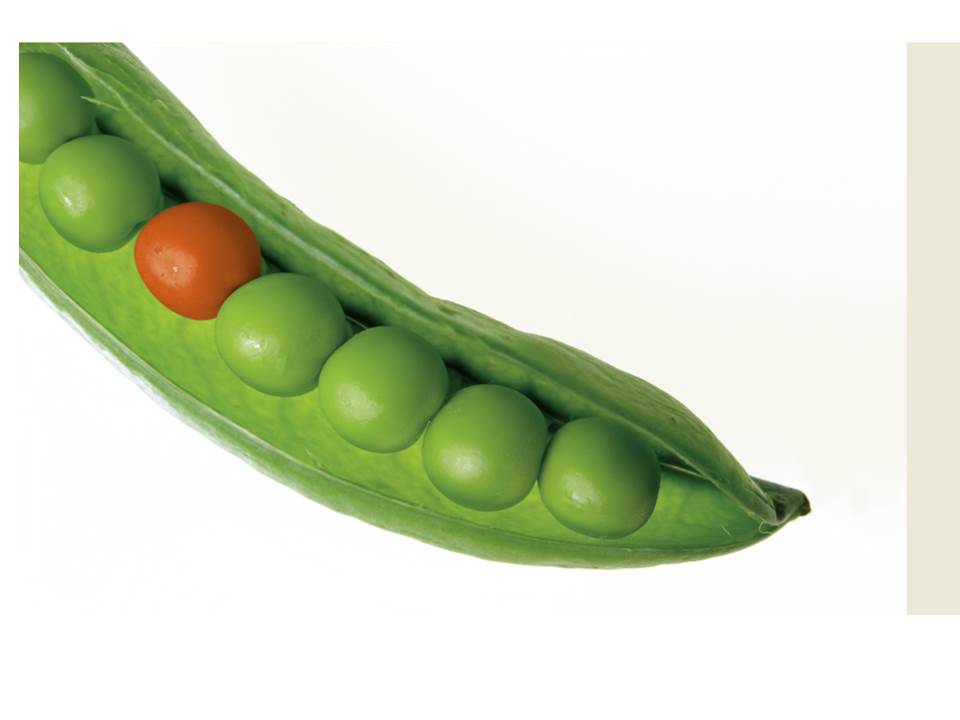Systematics is an important area in the biological sciences which deals with the diversity, variations and relationship among the living organisms. Which is often studied by means of scientific classification systems such as taxonomy. Taxonomy in biology is a branch of biology and deals with the classification in biology of all the living organism into different levels called as taxon.
Today’s classification system has been evolved from the earlier but fundamental systems of classification which are two kingdom system and five kingdom system. Studying the biological profile of the the flora and fauna in terms of the genetics, molecular biology, physiology and biochemistry can open new avenues in the human welfare.
Study these questions and practice to improvise.


